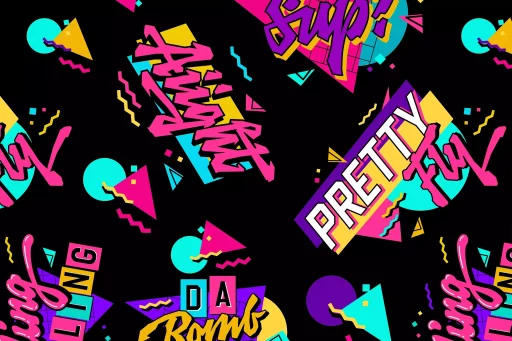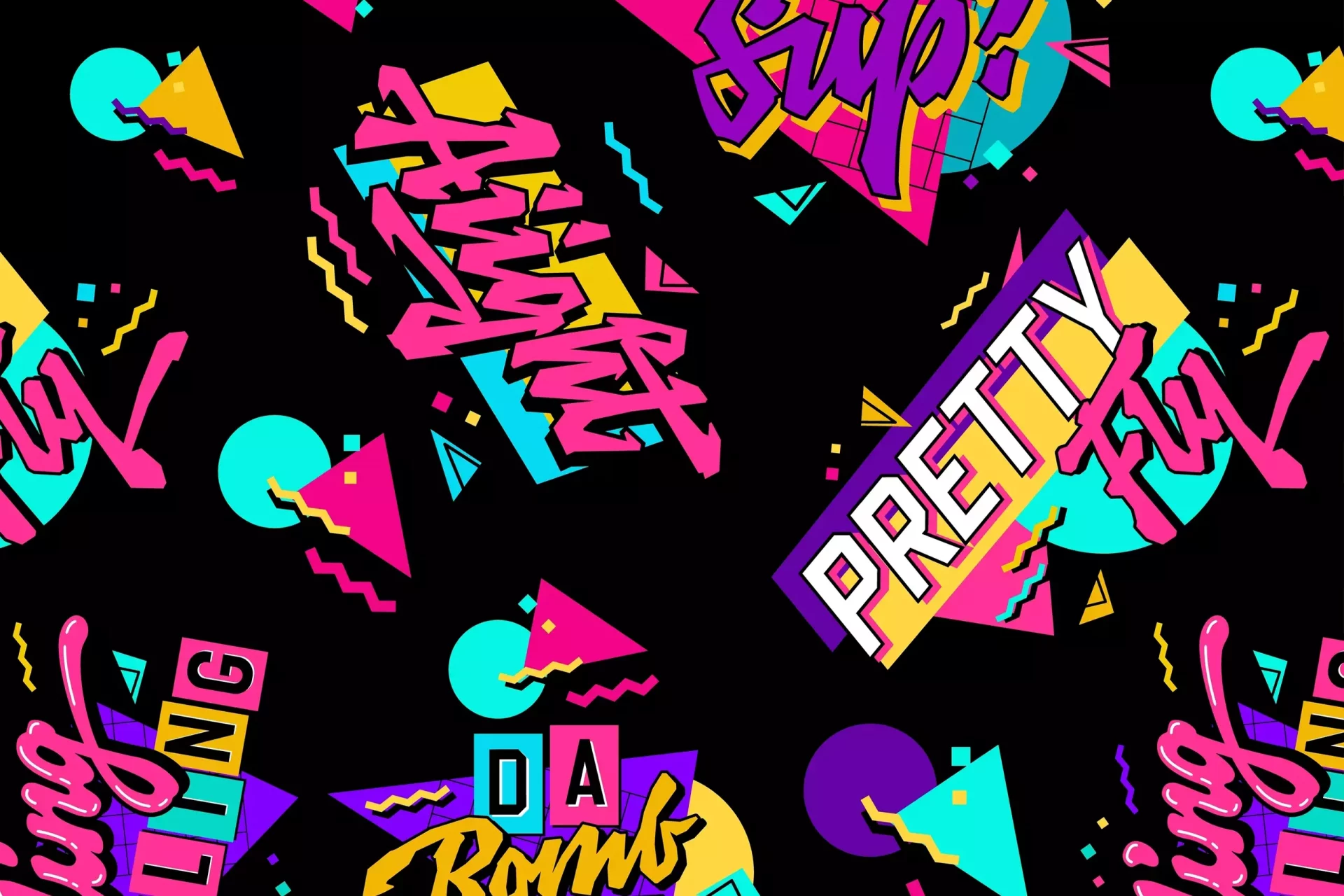Introduction to the Term ‘Gunt’
Language is dynamic, and with the growth of social media, new slang terms emerge regularly. One term that has gained traction in certain online circles is ‘gunt.’ Primarily popularized on platforms like Urban Dictionary, this term combines the words ‘gut’ and ‘cunt’ to describe a specific body type where excess weight accumulates in the abdominal region, often resulting in an appearance where the belly hangs over the pubic region. In this article, we will explore the origins, uses, and implications of the term ‘gunt.’
The Origins of ‘Gunt’
The exact origin of the term ‘gunt’ is elusive, but it likely came into popular usage in the early 2000s, when internet culture began to flourish through sites like MySpace and later Reddit. The blending of two pejorative terms reflects a certain social commentary, often targeting individuals who do not conform to conventional beauty standards.
How ‘Gunt’ is Used in Social Media
On social media platforms and forums, ‘gunt’ can often be found in threads discussing body image, beauty standards, or personal fitness journeys. Here are a few ways in which the term is used:
- Critique of Body Image: Many social media users employ the term to critique societal norms by pointing out the prevalence of ‘gunts’ in popular media or among influencers.
- Self-Deprecation: Some individuals have embraced the term as a form of self-deprecating humor, producing memes or TikTok videos that leverage the word to share personal experiences with body positivity.
- Body Shaming: Unfortunately, ‘gunt’ is also used in a derogatory way to shame others for their body type, particularly in weight-focused discussions.
Examples in Popular Culture
‘Gunt’ has appeared in various memes and discussions on social media regarding body positivity and acceptance. It is also referenced in podcasts and comedy routines that address body image:
- In a podcast episode centered on body image, a comedian might jokingly reference their ‘gunt’ as a relatable experience, leading to a discussion about how they view their body in a culture obsessed with fitness and aesthetics.
- Meme pages on Instagram often feature images that playfully highlight ‘gunts’ as part of ironic humor, juxtaposing them against traditional beauty ideals.
Case Studies: ‘Gunt’ in the Real World
Understanding how the term ‘gunt’ reflects societal attitudes towards body image can help contextualize its use in popular culture. Some individuals have taken their experiences with the term and used them to promote body positivity:
- Case Study 1: Body Positive Influencer – An Instagram influencer with a significant following openly discusses their ‘gunt’ in posts about self-acceptance. Their candidness has sparked conversations on body diversity, challenging the stigma around this body type.
- Case Study 2: Social Campaigns – Campaigns such as #EffYourBeautyStandards advocate for the acceptance of all body types, including those with ‘gunts,’ pushing back against stereotypes and promoting inclusivity.
Statistics on Body Image and Social Media
The impact of social media on body image cannot be overlooked. Research provides insights into how terms like ‘gunt’ can both hurt and heal:
- 75% of women report dissatisfaction with their bodies influenced by social media portrayals.
- 68% of teens express that social media drives them to compare themselves with influencers, impacting their self-esteem.
- Conversely, studies show that positive body image campaigns on social media can lead to a 25% increase in self-acceptance among participants.
Conclusion: The Power of Language
The word ‘gunt’ encapsulates a wide range of emotions and implications regarding body image and societal standards. While it serves as a critique of beauty norms, it also offers a platform for humor and self-acceptance. The evolving dialogue around terms like ‘gunt’ highlights the importance of language in shaping our perceptions of ourselves and others.






